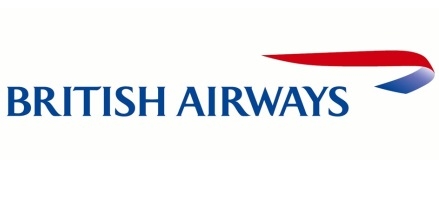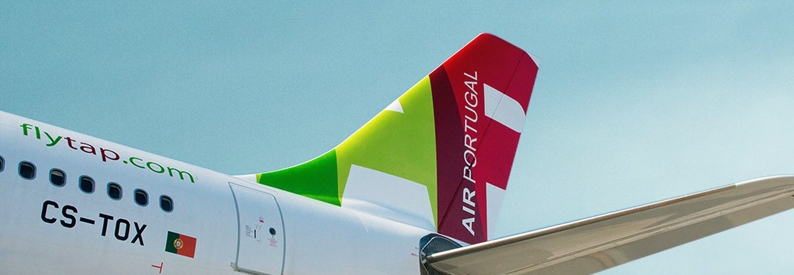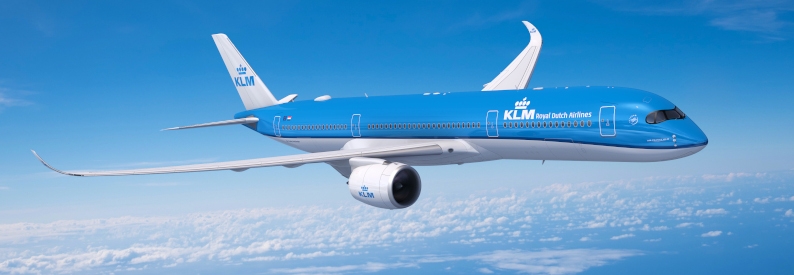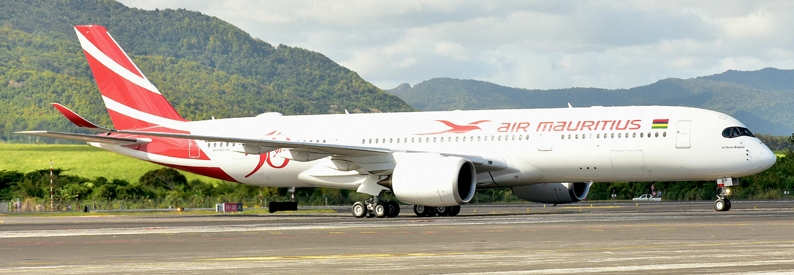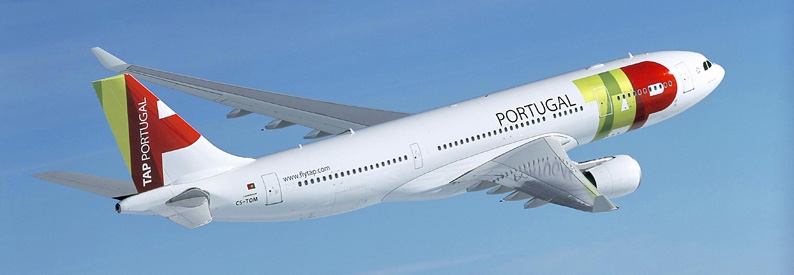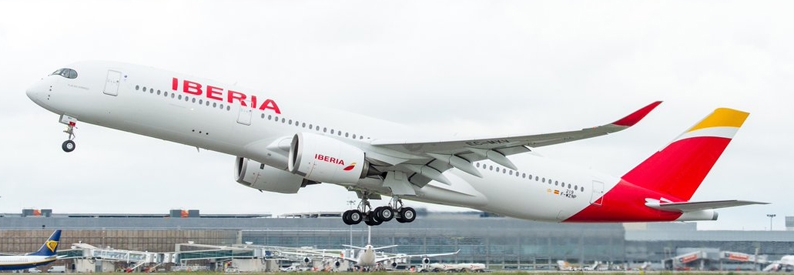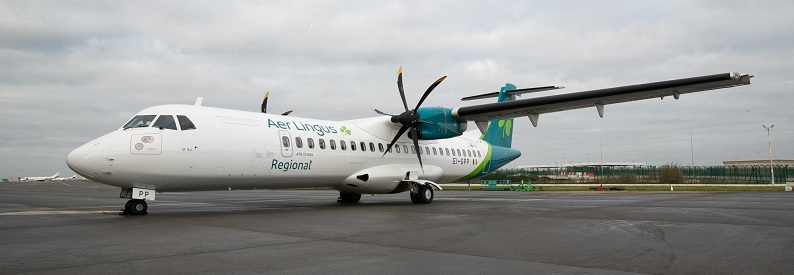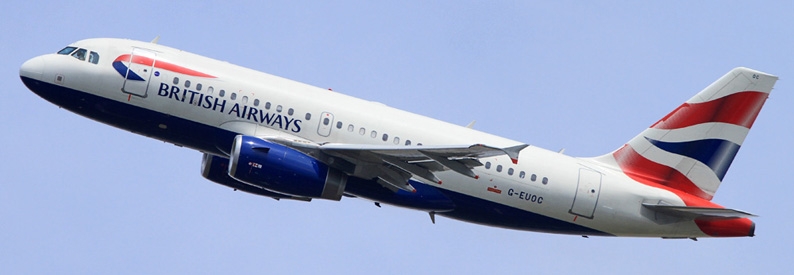The Council of the European Union has reached a preliminary agreement with the European Parliament to grant all airlines seven months to adjust to the EU control and ownership rules after an increasingly likely no-deal Brexit.
In order to be eligible for the seven-month-long transition period, all affected airlines will have to submit "a precise and complete plan presenting the measures intended to achieve full compliance with the ownership and control requirements" in the EU within two weeks of the entry into force of the proposed regulation.
Under the EU law, in order to enjoy full access to the bloc's internal market, an airline has to be majority-owned and controlled by EU entities. As of March 29, 2019, when the United Kingdom is due to leave the EU, British shareholders will cease to count as EU investors. Ryanair (FR, Dublin International) and easyJet (London Luton) have previously said they were prepared to change their shareholding structure to ensure they remain EU-owned. IAG International Airlines Group, on the other hand, is trying to convince the EU that the complex cross-shareholding structure of its member airlines British Airways and Iberia will remain compliant with the EU rules.
The regulation also foresees that in case of a no-deal Brexit, UK-based carriers will be able to continue offering "basic" air transport services to the EU for seven months after the date of application of the regulation. This right is conditional upon London granting similar access to EU-based airlines.
The regulation will be valid until a new UK-EU bilateral air transport agreement enters into force or March 30, 2020, whichever is sooner.
The Council of the EU said that the measures taken are "exceptional in nature" and "not intended to replicate the status quo under EU law, but rather to preserve basic connectivity between the EU and the UK".
So far, the regulation has been tentatively agreed upon by the Romanian Presidency of the Council and the European Parliament. It now needs the approval of the representatives of all other member states of the EU. Subsequently, it will be put up for a vote in the European Parliament and in the European Council, where ministers from member states sit.
- Type
- Base
- Aircraft
- Destinations
- Routes
- Daily Flights
